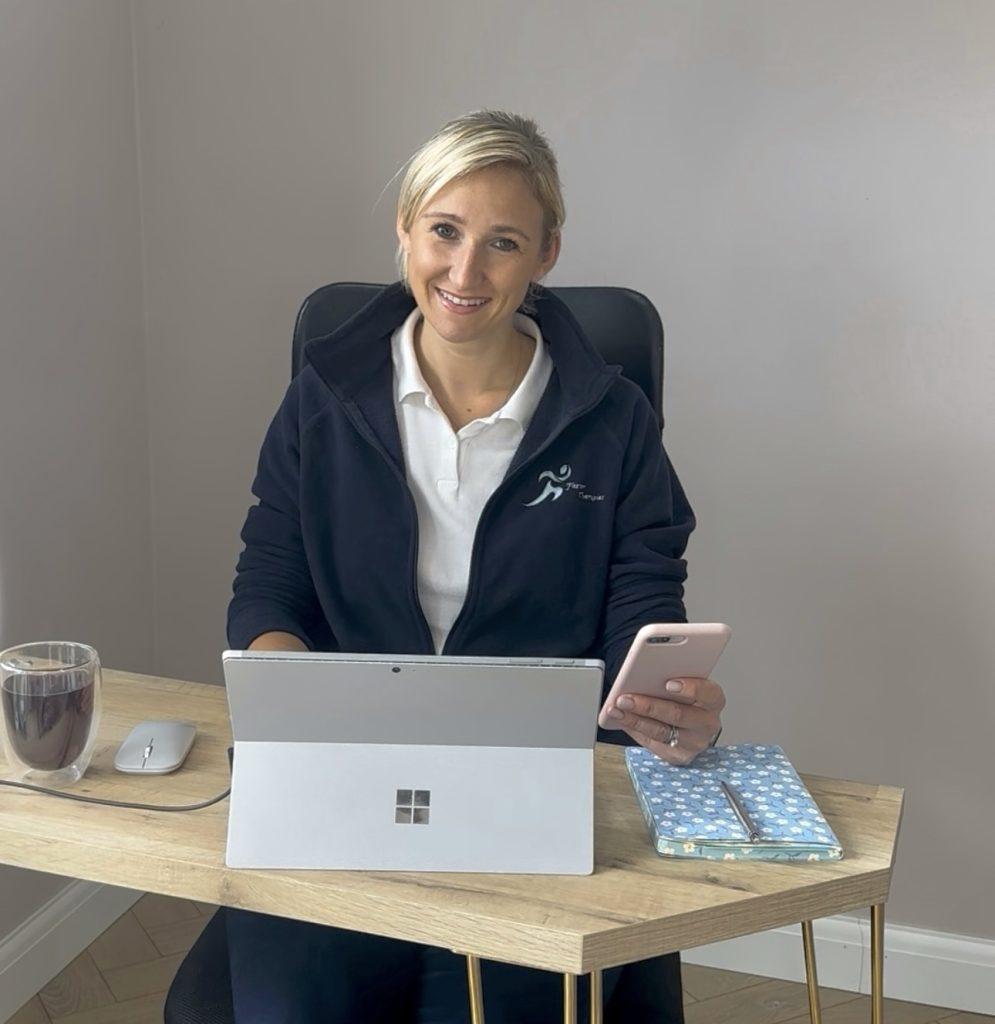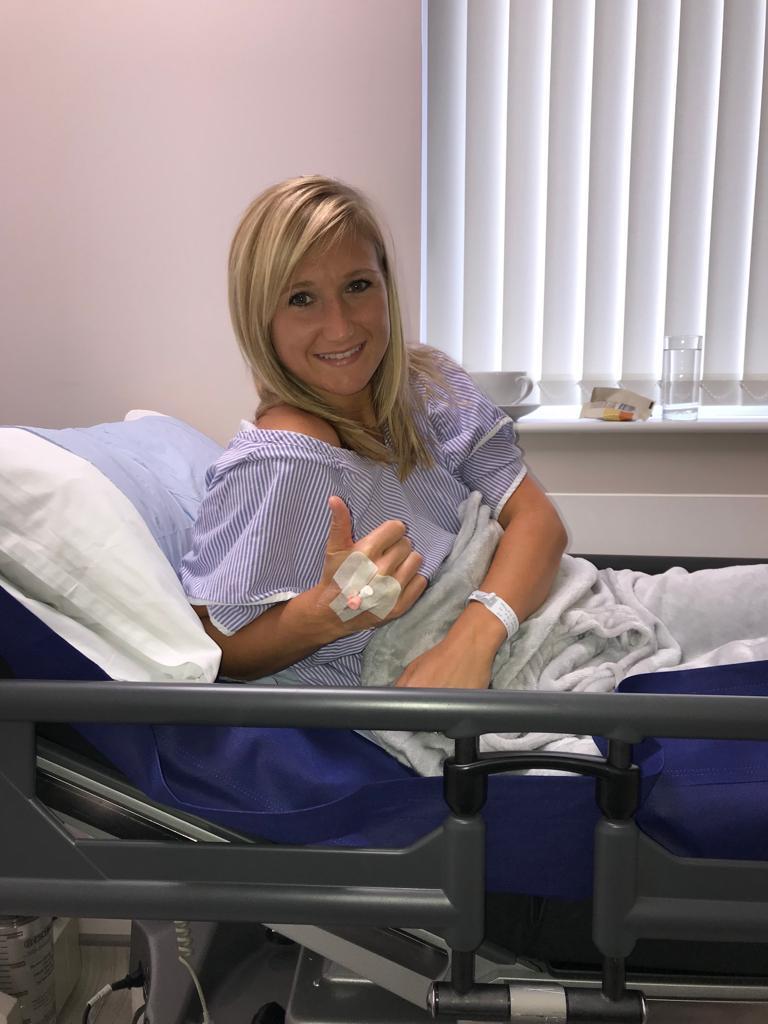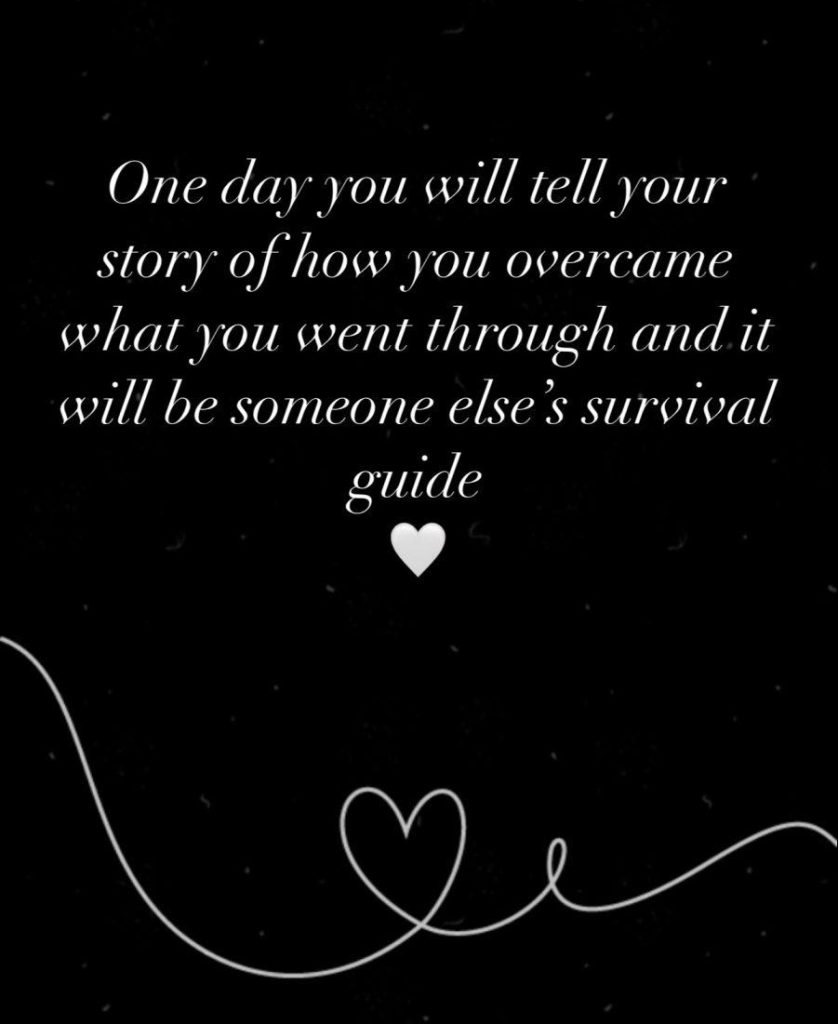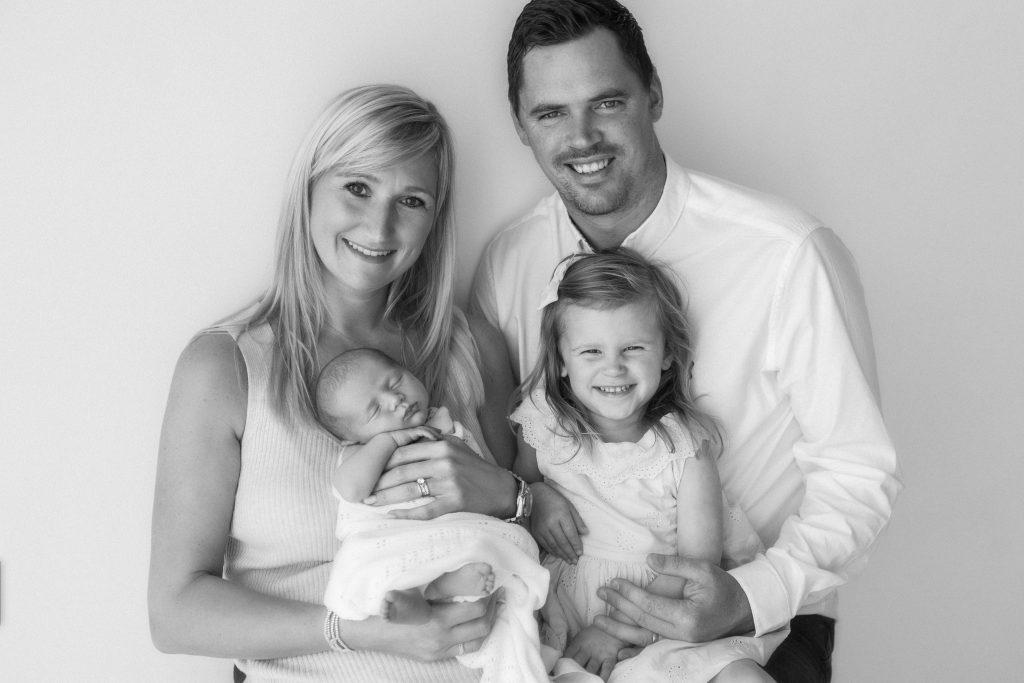Chignal Smealy, Chelmsford, Essex, CM1 4SZ
Chignal Smealy, Chelmsford, Essex, CM1 4SZ

Hi, I’m Hayley, a physiotherapist specialising in Acupuncture for Women’s Health, Fertility, and Gynaecological issues.
My journey began in 2011 when I qualified as a Chartered Physiotherapist. Since then, I’ve worked in both the NHS and private practice. Over the years, my passion for supporting women through their health challenges has grown, driven by my own experiences with endometriosis, recurrent miscarriages, unexplained infertility, and the rollercoaster of IVF. These personal challenges inspired me to specialise in Women’s Health and Fertility, allowing me to bring a more focused approach to Foster Therapies.
I live in Chelmsford with my amazing, supportive husband and feel incredibly lucky to be blessed with two healthy children. Having been through my own fertility struggles, I truly understand the emotional and physical toll it can take, which is why I’m so passionate about helping other women on their journey.
I use acupuncture as a powerful tool to support a range of needs, whether you’re managing PCOS, endometriosis, stress and anxiety, IVF support, or other women’s health issues. I’m here to support you every step of the way.
I also provide treatments such as scar therapy and facial acupuncture to support both your physical and mental well-being.
Thank you for joining me on this journey. I’m so excited to share my expertise and connect with women who need a little extra support on theirs.
The personalised service I offer is inspired by my fertility journey which began in 2016. After getting married in the June, my husband Josh and I set off on a 7-month “megamoon” around the world. It was during this time that we decided to start trying for a baby.
After ten months, we were excited to finally see that positive blue cross on the pregnancy test. Like many, we immediately started dreaming about the due date, names and our life ahead.
Our excitement soon turned to heartbreak when, at around 8 weeks, we found out we had experienced a missed miscarriage. It was devastating. After unsuccessful surgical management, I had to undergo another surgery a month later. Despite the emotional toll, we remained hopeful and
conceived again in November 2017. Unfortunately, this pregnancy also ended in a miscarriage. This time, it happened naturally, I began bleeding around 7/8 weeks.
Our third pregnancy, in April 2018, brought a glimmer of hope. Things seemed to be going well, and we allowed ourselves to start celebrating small moments, non-alcoholic cocktails flowed for my 30th birthday, and we dared to feel optimistic. But once again, it wasn’t meant to be. I started bleeding and miscarried naturally for a second time.
After three heartbreaking losses, we were referred to a recurrent miscarriage and fertility team at our local hospital. It was there that we learned, over a year later, that our first pregnancy had been a partial molar pregnancy, information that had slipped through the cracks, meaning I had missed the appropriate specialist care I should have received. Thankfully, I was okay, but it just felt like one thing after another.

Despite extensive NHS and pricey private tests and investigations, no clear cause for our miscarriages was found. In 2018, further surgery revealed endometriosis, something I had suspected for years. However, it wasn’t thought to be the cause of our recurrent miscarriages, leaving us still searching for answers. Though we conceived relatively easily after our first pregnancy, after everything we had been through, we now found ourselves struggling to conceive. It felt like an endless wait as month after month went by, and even after six months on Clomid, we were still unable to conceive. It was an incredibly difficult and frustrating time, filled with uncertainty.
We then turned to IVF, a costly step for us, as we weren’t eligible for any funded treatment due to the ‘postcode lottery’ in our area.
Our first round in 2019 seemed promising – 10 eggs were collected, 3 reached blastocyst stage, 1 was transferred, and 2 were frozen. Everything appeared to be going well. We saw our little baby on the ultrasound and even witnessed a strong heartbeat several times in the early scans. But heartbreak struck again. After weekly scans and watching our baby grow, we heard the devastating words once again: “I’m so sorry, I can’t see a heartbeat.” We had suffered another missed miscarriage at 10 weeks, a little girl. After this, I faced even more frustration. Once again, the surgery didn’t go as planned, and my hCG levels remained high for several weeks. There was still blood flow to some ‘retained products’ in my womb, and on top of that, I developed a post-op infection. It felt like things were going from bad to worse. Our babies were now being sent to Great Ormond Street for cytogenetic testing in the hopes of getting more answers. We decided to give my body time to heal naturally rather than opt for another surgery, and thankfully, my body eventually managed to recover on its own.

Six months later, late into 2019, we were ready to try again with a frozen embryo transfer. Two embryos were transferred, and while one resulted in a pregnancy, a little boy, we were met with heartbreak once more as we suffered yet another missed miscarriage, followed by more surgery. Each loss brought its own pain, but we kept pushing forward, hoping for a different outcome.
Now into 2020, we were still without any further insight into our losses even from the cytogenetic testing, and just six weeks after the last surgical management for pregnancy number five, the world was hit by the uncertainty of lockdown. During this strange and unsettling time we were
shocked when we found out we had conceived naturally, only six weeks after the last surgical management. Given everything we had been through, and in the midst of a pandemic, seeing that positive pregnancy test didn’t bring the excitement it once had. But, as it turned out, this was our time. After many more visits to the early pregnancy unit, weekly nerve-wracking solo scans and the most anxious nine months of our lives, we were blessed with our beautiful daughter, Ella, born on Christmas Eve. She was the most incredible Christmas present we could have ever imagined.
Early 2022, we found ourselves pregnant again. Sadly, this pregnancy ended in another missed miscarriage at 10-11 weeks, once again, a little boy. It took 4 months for my body to recover from this pregnancy, I was still getting positive pregnancy tests 12 weeks after the surgical management.
Emotionally and physically drained from pregnancy and loss, we made the decision to take a break and focus on Ella and our little family. We had a happy, healthy little girl, and that brought us so much happiness.
Just under a year later, we entered the New Year with a mindset of “let’s see what happens.” We decided to try one last time, knowing that if it ended in loss, we would be content with our family as it was. To our surprise, before we even officially started trying, we conceived again. What followed was another anxious nine months, including six weeks of bleeding between weeks 14 and 20 due to a subchorionic hematoma. Despite it all, we were ecstatic to welcome our precious son, Jaxon, in September 2023. Now, with two children, a beautiful girl and a gorgeous boy, feels like the perfect conclusion for us after everything we’ve been through. Looking back, I feel like I spent more time being pregnant than not during those years. But since Jaxon’s arrival, it’s been such a relief to finally live without the constant weight of fertility struggles hanging over us.


Over a seven year period I suffered six miscarriages, eight surgeries, and countless moments of heartbreak so I understand first-hand the emotional and physical toll that fertility struggles take.
My experience has inspired me to help others navigate their fertility journey with compassion and care. I will always remain deeply committed to supporting those going through their own fertility challenges, in any way I can.
I began my journey at Loughborough University, where I earned an honors degree in Sport and Exercise Science in 2009, along with a distinction in Sports Massage. I then completed my Master’s degree in Physiotherapy at the University of Essex in 2011. After qualifying, I gained valuable experience working with Colchester United Football Club’s Female Centre of Excellence and in various NHS departments, including Musculoskeletal Outpatients, Orthopaedics, Neurology, Respiratory, and Burns & Plastics.
I specialized in musculoskeletal physiotherapy within the NHS for several years before transitioning into private practice. Since 2016, I have been working exclusively at Faye Pattison Physiotherapy, where I use a broad range of therapies and collaborate closely with Faye and local consultants to provide tailored treatments. This experience has deepened my understanding of musculoskeletal injuries, and I take great satisfaction in helping my clients recover and improve their overall well-being.
In 2014, I expanded my skillset by joining the Acupuncture Association of Chartered Physiotherapists (AACP) and becoming a qualified acupuncturist. In 2017, I further specialized by becoming a Dry Needling Practitioner. In 2016, I expanded my expertise by training with Paul Adkins, the founder of Cosmetic Acupuncture, and introduced Cosmetic Facial Enhancement Acupuncture and Micro Needling Therapy to my practice. These treatments provide a natural, holistic way to improve the appearance of fine lines, wrinkles, skin firmness, and scarring, including acne scars and stretch marks. I love using these skills to help people both look and feel their best.
Since the beginning of 2023, I have focused on using acupuncture to support women’s health and fertility, including IVF support. I now help women manage a variety of concerns, from painful periods and symptoms of endometriosis and polycystic ovary syndrome (PCOS) to other gynecological issues such as anovulation and menopausal symptoms.




A short biography of the employee and why their background should inspire potential clients' confidence.

A short biography of the employee and why their background should inspire potential clients' confidence.

A short biography of the employee and why their background should inspire potential clients' confidence.
Employee Name